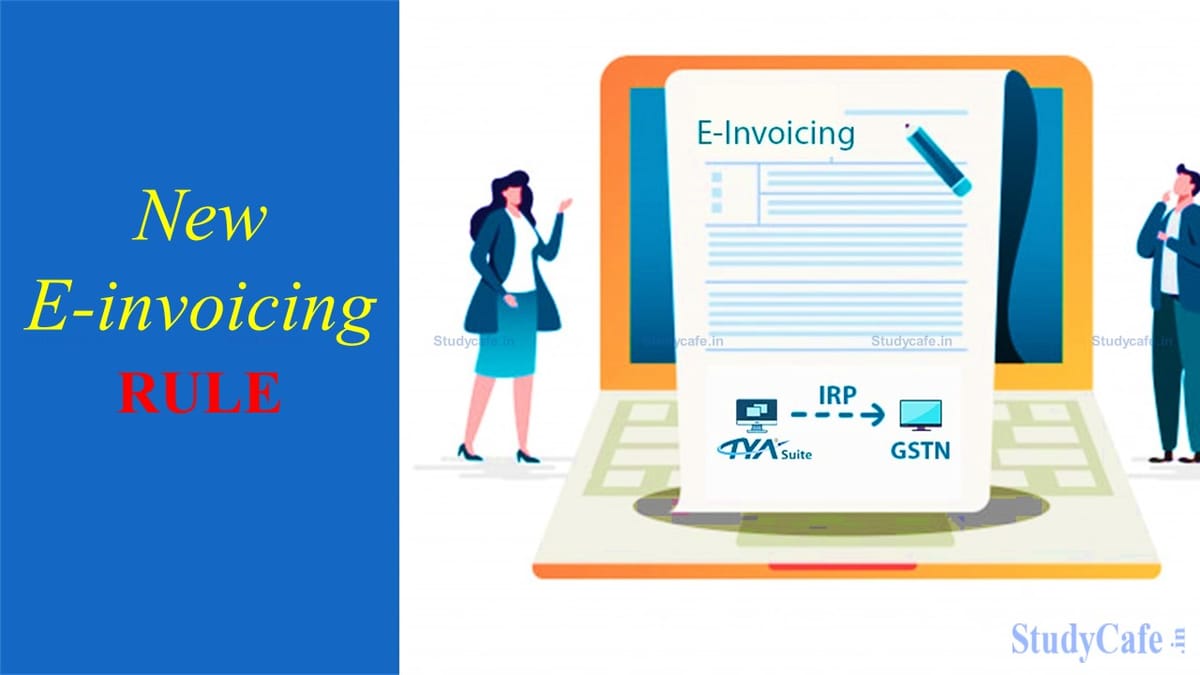Reetu | Feb 28, 2022 |

New E-invoicing Rule will Bring 180k more Businesses into GST Compliance
Mandatory electronic invoicing of business-to-business (B2B) transactions for enterprises with an annual turnover of more than 20 crore will increase GST registrations by 75%, according to a government official.
The new system, which goes into effect on April 1, will add 180,000 GST identity numbers (GSTINs), bringing the total to about 420,000, according to an official who spoke on the condition of anonymity.
E-invoicing for B2B transactions was made required under the GST law for enterprises with a turnover of more than 500 crore on 1 October 2020. It was later extended to businesses having a revenue of more than 100 crore beginning January 1, 2021, and to those with a turnover of more than 50 crore beginning April 1, 2021.
While 53,523 entities were covered by the GSTIN in October 2020, 91,583 were added in January 2021, and 95,461 in April 2021, bringing the total to 240,567. In January, GST receipts surpassed the 1.3 trillion mark for the fourth time in 2021-22.
“By broadening the scope to include small and medium-sized businesses, we will not only help to expand GST coverage, but also plug leakages. This will boost GST collecting even further,” he said, requesting anonymity. “At the moment, there are around 240,000 qualified GSTINs for annual income of more than 50 crore.” By decreasing the criteria to 20 crore in April, we intend to add at least 75-80 percent more. E-invoicing has aided compliance, as seen by strong GST collections. It also aids in the prevention of tax evasion.”
If a firm conducts business in two or more states or Union territories, or if the registration process covers different business verticals in a single state, it may have more than one GSTIN. “E-invoicing enables real-time tracking of invoices prepared by a provider, hence decreasing the scope of fraud. The practise of evasion by small and medium-sized businesses will cease immediately,” said another official, who also requested anonymity. “It will decrease the laborious reporting process, reducing the scope of invoice manipulation, and ensuring that only legitimate input tax credit can be claimed.”
Source: Livemint
In case of any Doubt regarding Membership you can mail us at contact@studycafe.in
Join Studycafe's WhatsApp Group or Telegram Channel for Latest Updates on Government Job, Sarkari Naukri, Private Jobs, Income Tax, GST, Companies Act, Judgements and CA, CS, ICWA, and MUCH MORE!"